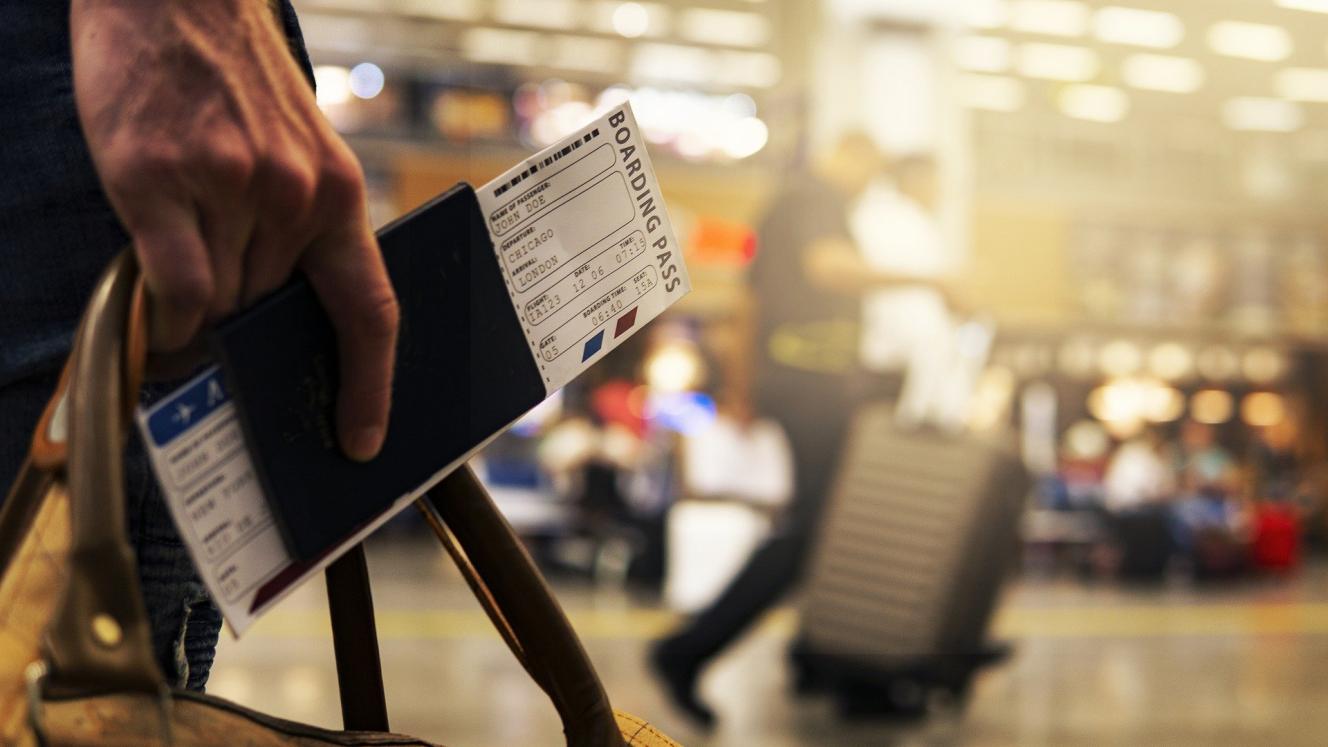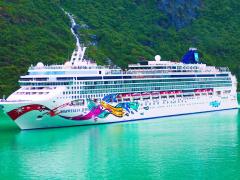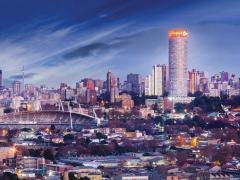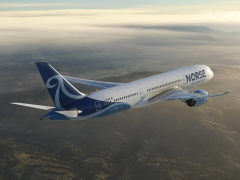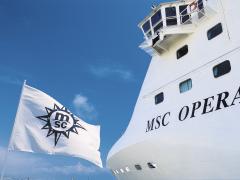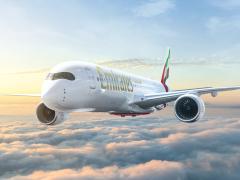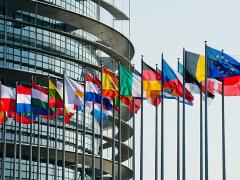Ryanair CEO Michael O'Leary recently told the BBC that “the era of the €10 (R170) ticket is over”. The airline’s average ticket fare was set to rise from €40 (R675) to around €50 (R845) over the next half a decade, he added.
The pressure on airfares was due to the ongoing rise in fuel costs, O’Leary maintained, but he said this would not deter people from flying. He said passengers would seek out cheaper options and deals rather than fly less often in response to more expensive tickets.
"We think people will continue to fly frequently. But I think people are going to become much more price sensitive and therefore my view of life is that people will trade down in their many millions,” he explained.
Airlines globally are just recovering from the aftermath of COVID and are now under huge pressure again due to the sharp increase in global fuel prices, which have more than doubled in the last 12 months and account for over 50% of airlines’ operating costs.
From a South African perspective, LIFT Airlines told Travel News: “Our pricing model has not changed and works on an automatic system – as flights fill up, seat prices will automatically increase, which is an industry standard. Pricing will fluctuate based on input costs like fuel and seasonality.”
During COVID, passengers were used to being able to book last minute at very low fares. As things return to normal, flights are filling up more quickly and, as a result, booking at the last minute is more expensive. The further ahead that passengers book, the more affordable ticket prices will be.
“We’ve seen that the higher cost of last-minute travel is changing booking behaviour rather than deterring travel. During COVID, the majority of bookings took place within a week of departure. Today that booking window is being pushed out as passengers look to take advantage of lower fares available further out,” said Jonathan Ayache, CEO of LIFT.
